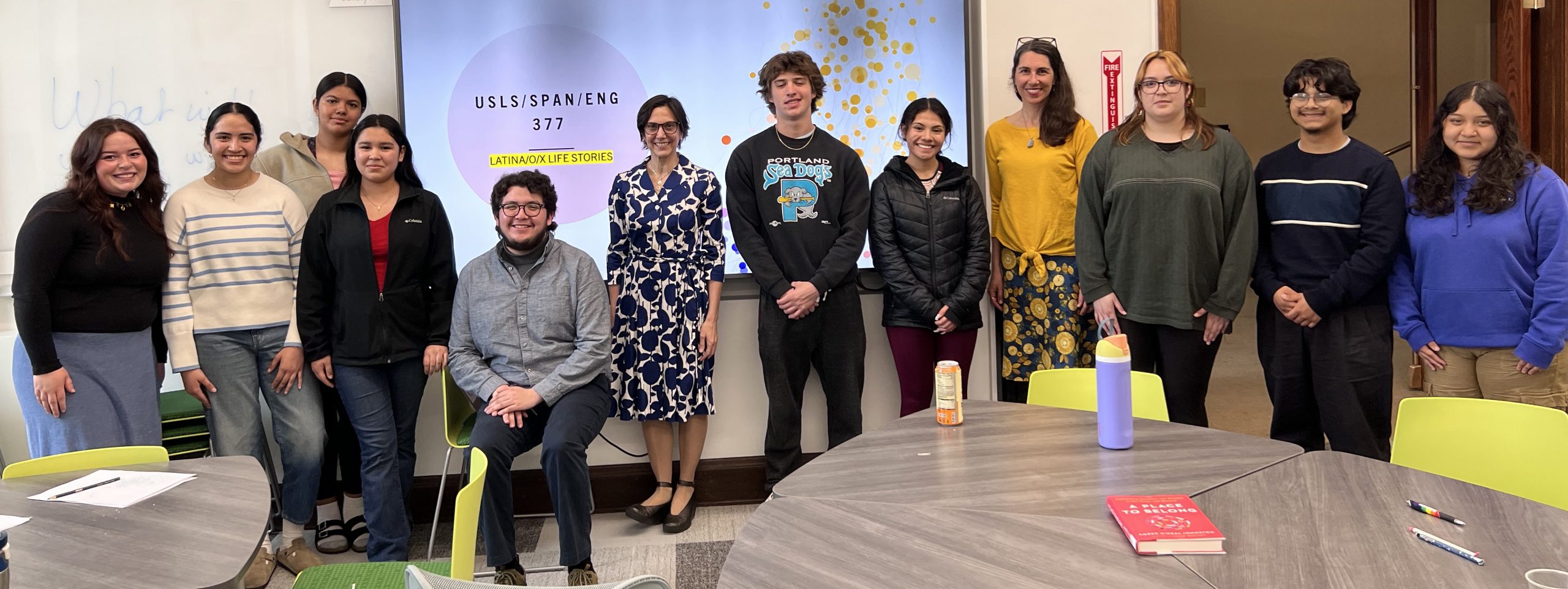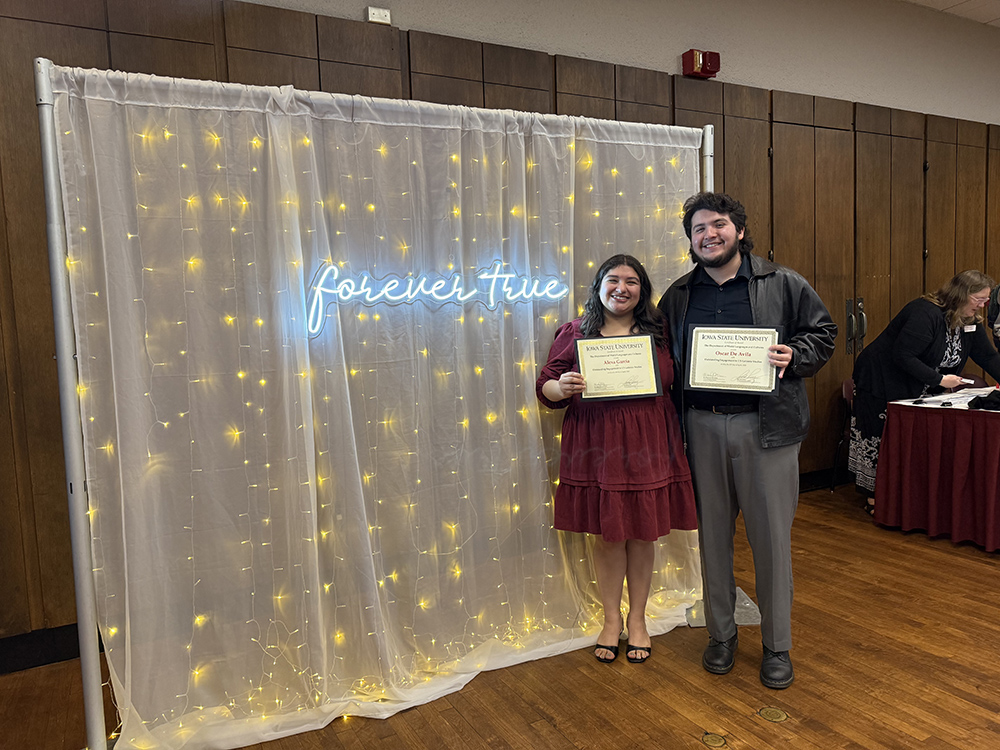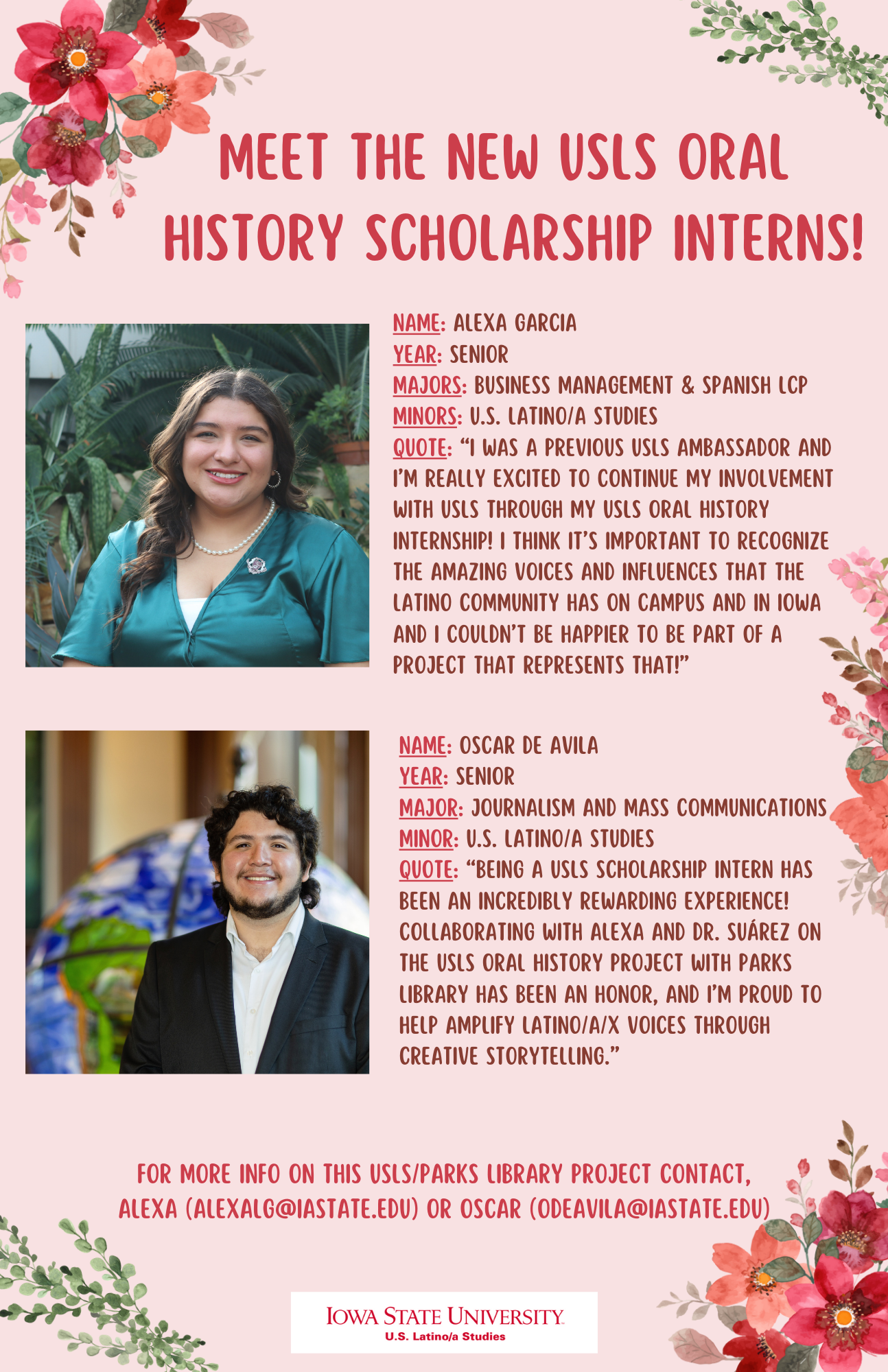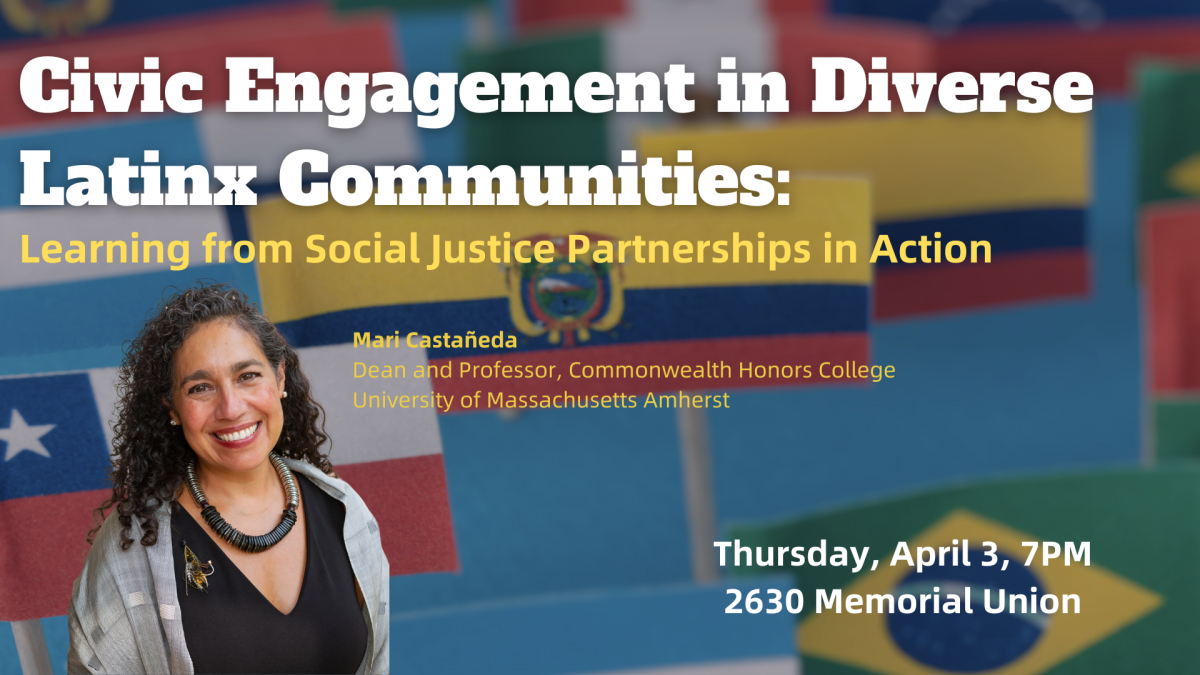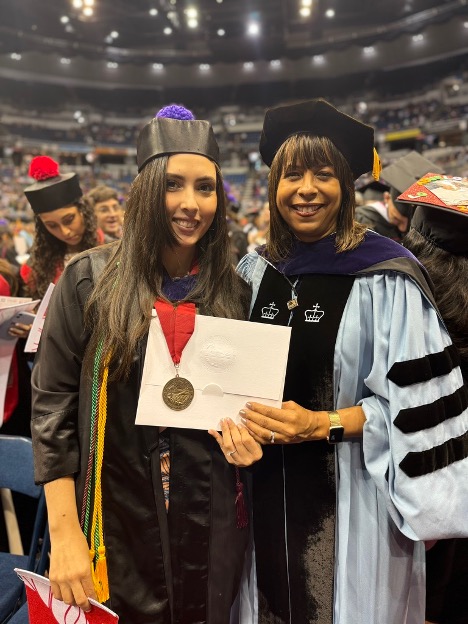Welcome
Latinos/as are the largest and fastest growing, culturally diverse population in the United States, representing dynamic and thriving American realities.
True to its land-grant mission, and in recognition of the growing importance of the Latino/a communities in the Midwest, Iowa State University invited Dr. Hector Avalos to launch the U.S. Latino/a studies program in 1994. Strategically, ISU welcomed leading faculty specialized in Latino/a studies through a multi-disciplinary approach.
Today, U.S. Latino/a studies at Iowa State University is a cross-disciplinary, coalition-building program that offers well-structured and creative coursework to students interested in the arts, cultures, economies, histories, politics, religions, and literatures of Latino/a communities throughout the United States. It facilitates the study of a vast array of communities and individuals with roots in the Caribbean and Latin America, and to long-established U.S. citizen communities such as Chicanos/as, Mexican Americans, Tejanos, Californios, Cuban Americans, Dominican Americans, and Puerto Ricans on the island and mainland. With complicated colonial histories, diverse ethnic, racial, and religious backgrounds, and cross-cultural experiences, United States Latino/a studies embodies a bold kind of Hemispheric International Enterprise.
The USLS program offers courses that meet the ISU Arts and Humanities and LAS General Education Cultures and Communities requirements, and offers a 15 credit Minor. Our program also offers summer internship scholarships to our students who meet specific eligibility requirements.

